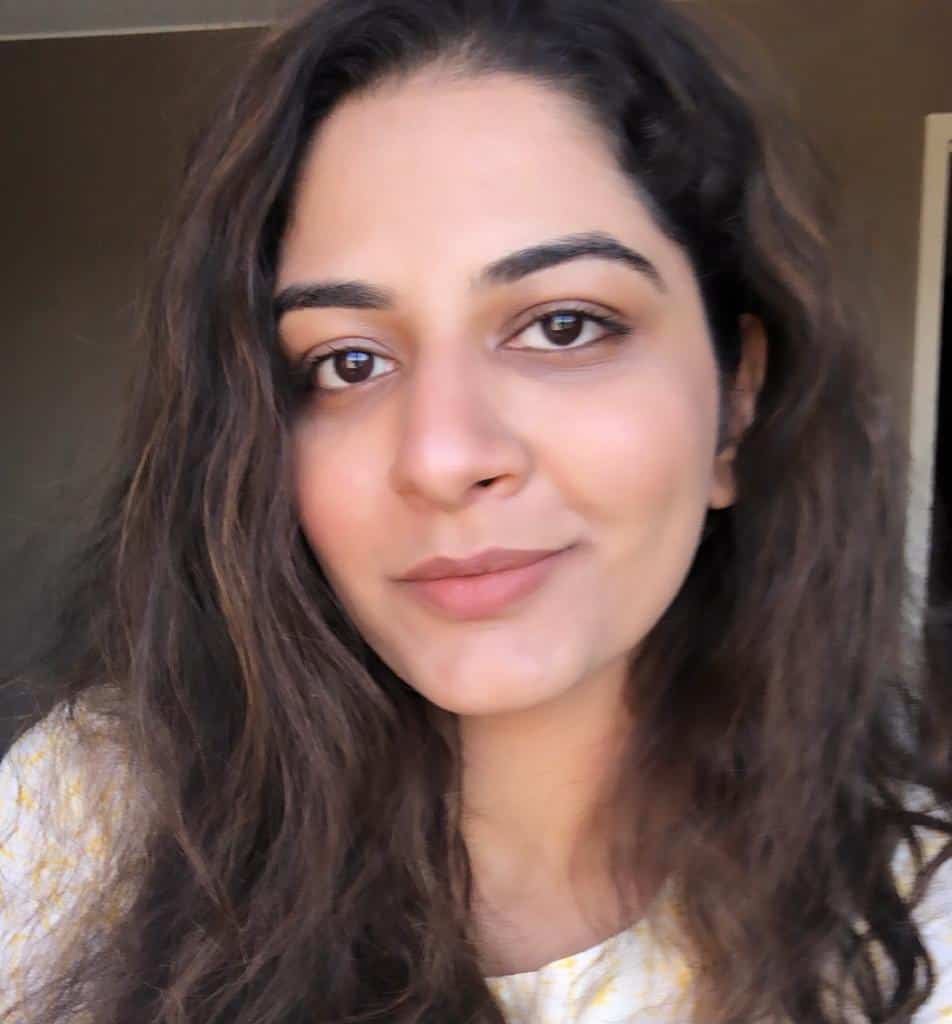ResourcesTherapist
Ayesha Sharma (she/her)
 Accepting Clients
Accepting Clients- Sex positive Yes
- Queer affirmative Yes
- Practiced trauma therapy Yes
- Worked with student survivor-victims Yes
- Worked with male survivor-victims Yes
Phone
9619926322
Types of Therapy
Insight Oriented, Psychoanalytic
Cost
₹ 1500 – 2500 (Sliding Scale)
Location
Navi Mumbai (online / offline)
Languages
English, Hindi
Qualifications
MSc Clinical Mental Health, Master's Certification in Somatic Psychology, PGDip Expressive Arts Therapy, Group Analyst in Training (Year 3), Advanced Certification in REBT
-
Sex positivity is viewing sex and sexuality as an important and healthy aspect of one's personal experience which must be looked at without shame or judgement in the therapeutic setting, same as with other aspects of our lives. There are as many ways to experience sex, sexuality and relationships as there are people, beyond conventional and binary ideas.
-
Being an ally means being an engaged citizen in advocating for, and supporting the queer community. My intake form asks for the therapy seekers pronouns and I provide mine, which I take great care to be mindful of. I let clients know that I am queer-affirmative, and address concerns with regards to gender and sexuality on my social media pages, website and all documents of intake. I do engage in advocacy and actively work towards being a good ally to the community. I take an effort to educate myself through reading, and have trained in QACP so I can understand the unique stressors that impact the mental health of queer individuals. I have resources, and references to other queer- affirmative professionals as well as support groups to ensure that I can appropriately help a queer individual.
-
The goal of trauma therapy is to establish safety in the body, mind and surroundings to reconnect with oneself at their own pace in therapy. It looks like somatic regulation, discovering and using tools to help cope, and is most importantly directed by the survivor in the compassionate and safe container of the therapy space. It is also most important to adopt an anti-oppressive stance focusing on systemic injustices when thinking of trauma and abuse.
-
A typical session with me is an exploratory conversation at the heart of it. I hope that we are able to work through difficult things within the safety of our therapeutic relationship. My work is trauma-focused and emphasises working to regulate the body, it is also insight-oriented and informed by an anti-oppressive stance, centering social justice and transformative justice principles.